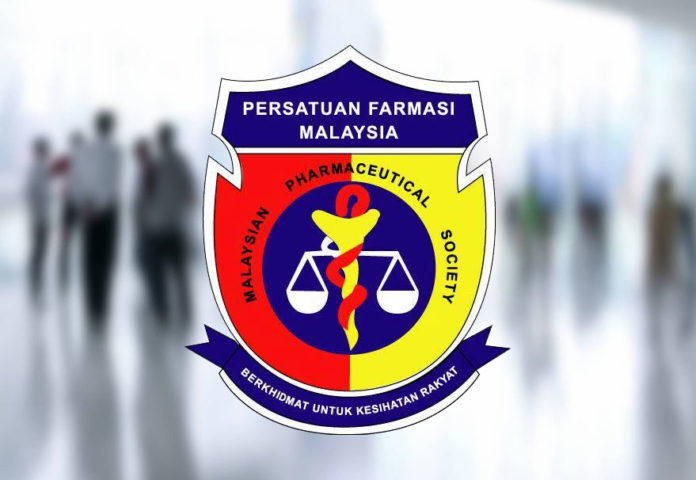President of the Malaysian Pharmaceutical Society (MPS), Amrahi Buang responds to the ‘Allow clinics to dispense OTC medicine’ article published in The Star on 11 August 2017. The following is his and MPS’ clarification on some of the terms used in the aforementioned article.
Referring to the article “Allow Clinics to Dispense OTC Medicine” published on 11 August 2017, MPS would like to offer some clarification on some of the terms used.
The term Over-The-Counter (OTC) medicine is defined as medicines that are not controlled under the Poisons Act 1952. Examples of OTC medicines are non-poison cough preparations, sore throat preparations, anti-diarrhea preparations and anti-constipation preparations amongst others. These types of medicines are available in department stores, convenience stores, clinics and pharmacies, and sundry shops.
Medicines controlled under the Poisons Act 1952 are classified into two types namely Group B and Group C and can be provided to patients with certain restrictions unlike the Over-The-Counter medicines. Group B medicines are strictly to be dispensed upon prescription by doctors. Group C medications can be dispensed by pharmacists without any prescription after consultation with the patient, or by doctors themselves after examining the patient.
Pharmacists are well versed in the pharmacological effects of medicines as it is the core subject of their degree. To ensure safety, medicines in Group B and C by law can only be dispensed either personally, or under the direct supervision of doctors or pharmacists. Every patient deserves to be examined or seen by the relevant health care professional before being given any medicine to prevent any harm to the patient.
There are strict rules to the supply of medicines in clinics and pharmacies. Only Pharmacists with a Type A license are allowed to sell medicines by retail to patients. As per Malaysian law, only board registered pharmacists can apply for the Poison A license which gives them the right to provide medicine by retail.
Unfortunately, in this country there is no separation of dispensing from prescribing at the private community level despite the fact that at worldwide level it has been shown to provide additional patient safety. The Poison Act 1952 does give doctors the full freedom to dispense medication by themselves after examining a patient. However they do not have the freedom to supply medicines by retail from their clinics without providing consultation to the patient first. This legislation is in place to prevent harm to the person seeking treatment.
The Pharmacy Enforcement Unit monitors and takes action against any establishments including clinics, pharmacies and traditional medicine facilities if they do not comply with the Poisons Act 1952. The Enforcement Officers work within their scope of authority and duty in ensuring the safety of the rakyat.
We hope this clarifies the difference between OTC and Controlled Medicines as well as how medicines can be supplied to patients.
AMRAHI BUANG
President
Malaysian Pharmaceutical Society
